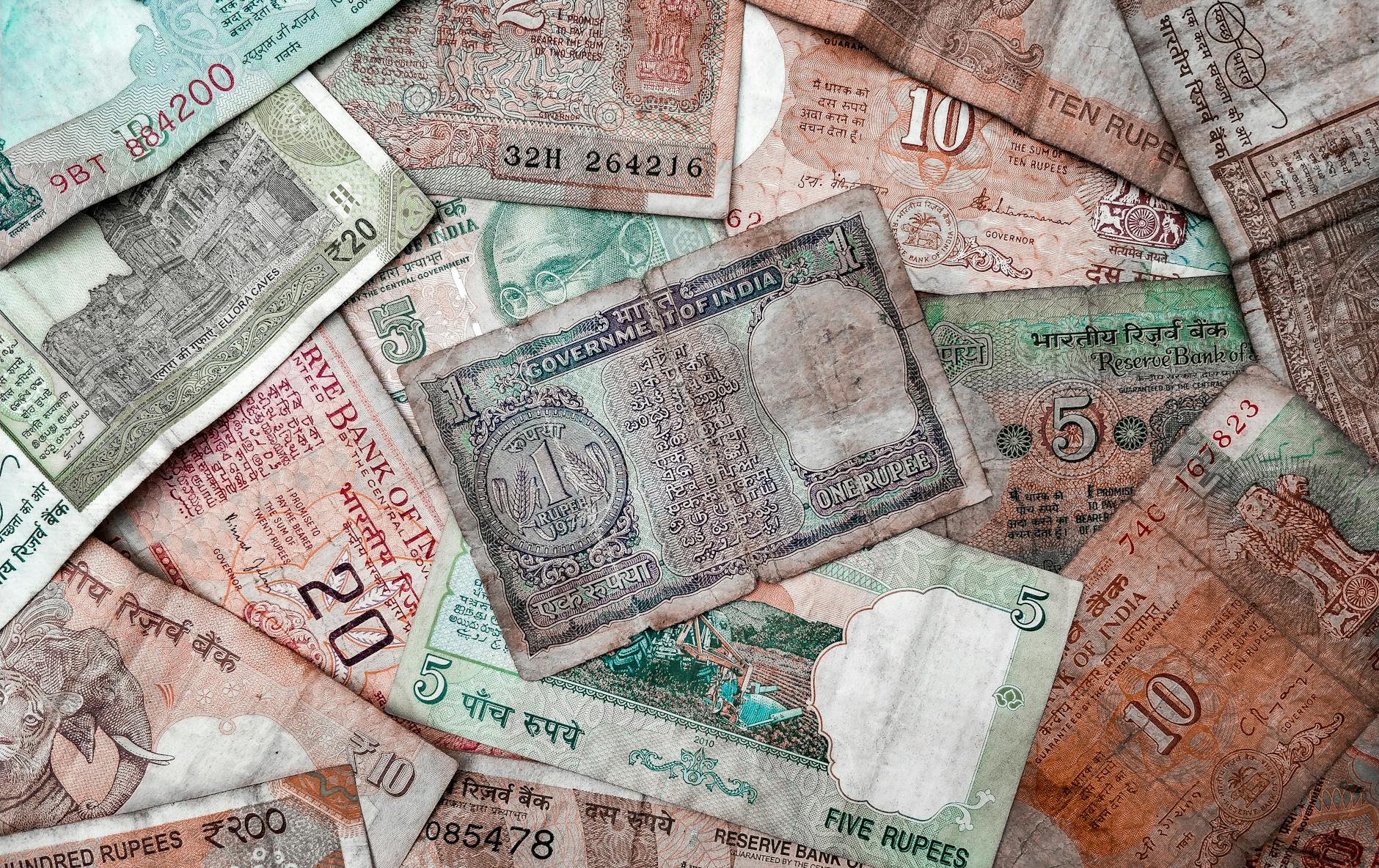Discover the legal ins and outs of trademark infringement in India and how to navigate the complexities of protecting your brand.
Table of Contents
Introduction to Trademarks
A trademark is a valuable asset for businesses, representing their brand identity and distinguishing their products or services from competitors. Trademarks can be in the form of words, logos, symbols, or a combination of these elements. Protecting trademarks is essential for maintaining brand reputation and market competitiveness.
Trademark Hearing in India
Trademark hearings in India are crucial proceedings where trademark applications are reviewed, and any objections or oppositions are resolved. It is essential to be well-prepared for a trademark hearing, presenting strong arguments and evidence to support the trademark’s registration. Common issues addressed during trademark hearings include conflicting trademarks, lack of distinctiveness, and objections from third parties.
Trademark Rectification in India
Trademark rectification in India involves correcting errors or inaccuracies in the trademark register. This process is essential for maintaining the accuracy and integrity of trademark records. Reasons for trademark rectification may include incorrect spellings, incorrect classification, or changes in ownership.
TM Infringement Notice in India
Trademark infringement occurs when a third party uses a trademark without authorization, leading to confusion among consumers and potential damage to the trademark owner’s reputation. In India, sending and responding to trademark infringement notices is a common practice to address unauthorized use of trademarks. Legal options for handling trademark infringement cases may include negotiation, cease and desist letters, or pursuing legal action in court.
Trademark Renewal in India
Trademark renewal is essential to maintain trademark protection and prevent the lapse of trademark rights. In India, trademarks must be renewed every ten years to remain valid and enforceable. Failing to renew a trademark can result in the loss of exclusive rights to use the trademark, allowing competitors to exploit the brand identity.
Trademark Transfer in India
Trademark transfers in India involve the assignment or licensing of trademark rights from one party to another. Types of trademark transfers include complete assignments, partial assignments, and licensing agreements. Properly documenting trademark transfers is essential to ensure the legality and enforceability of the transfer.
| Stage | Action | Description |
|---|---|---|
| Cease and Desist | Send a formal letter | Inform the infringing party of the infringement and demand that they cease using the trademark. |
| Notice of Opposition | File with the Trademark Registry | Formally oppose the registration of a potentially infringing trademark. |
| Trademark Litigation | File a lawsuit | Take legal action in court to enforce your trademark rights and seek damages for infringement. |
| Appeal to Appellate Board | Challenge decisions | If unsatisfied with a Trademark Registry decision, appeal to the Appellate Board for a review. |
| Enforcement | Enforce court orders | Ensure compliance with court decisions and take further action if necessary. |
Expedited TM Registration in India
Expedited trademark registration in India offers businesses a faster and more efficient process for obtaining trademark protection. Eligibility requirements for expedited TM registration include meeting specific criteria and paying additional fees. Applying for expedited TM registration can streamline the trademark registration process and provide quicker protection for brand assets.
USA Trademark Registration
Trademark registration in the United States follows a different process than in India, with distinct legal requirements and procedures. Understanding the differences between US and Indian trademark laws is essential for businesses operating in both jurisdictions. Strategies for protecting trademarks in multiple jurisdictions may involve registering trademarks internationally and monitoring potential infringements.
International Trademark
Securing an international trademark provides businesses with broader protection for their brand identity across multiple countries. The process for registering a trademark internationally involves navigating various legal requirements and considerations. Enforcement of international trademark rights can present challenges due to differences in trademark laws and enforcement mechanisms across jurisdictions.
Logo Designing and Design Registration
Get
Logo design plays a significant role in trademark protection, as logos are often the most recognizable aspect of a brand. Creating a unique and distinctive logo is essential for establishing a strong brand identity. Registering a design in India and internationally can provide added protection for logo designs, preventing unauthorized use by competitors.
How long does trademark registration in India typically take?
Trademark registration in India usually takes around 18-24 months, but expedited registration options are available for faster processing.
What are the consequences of trademark infringement in India?
Consequences of trademark infringement in India can include legal action, financial penalties, and damage to brand reputation.
How often do trademarks need to be renewed in India?
Trademarks in India need to be renewed every ten years to maintain validity and protection.
Is international trademark registration necessary for businesses operating in multiple countries?
International trademark registration is recommended for businesses with operations in multiple countries to ensure broad protection for their brand identity.

